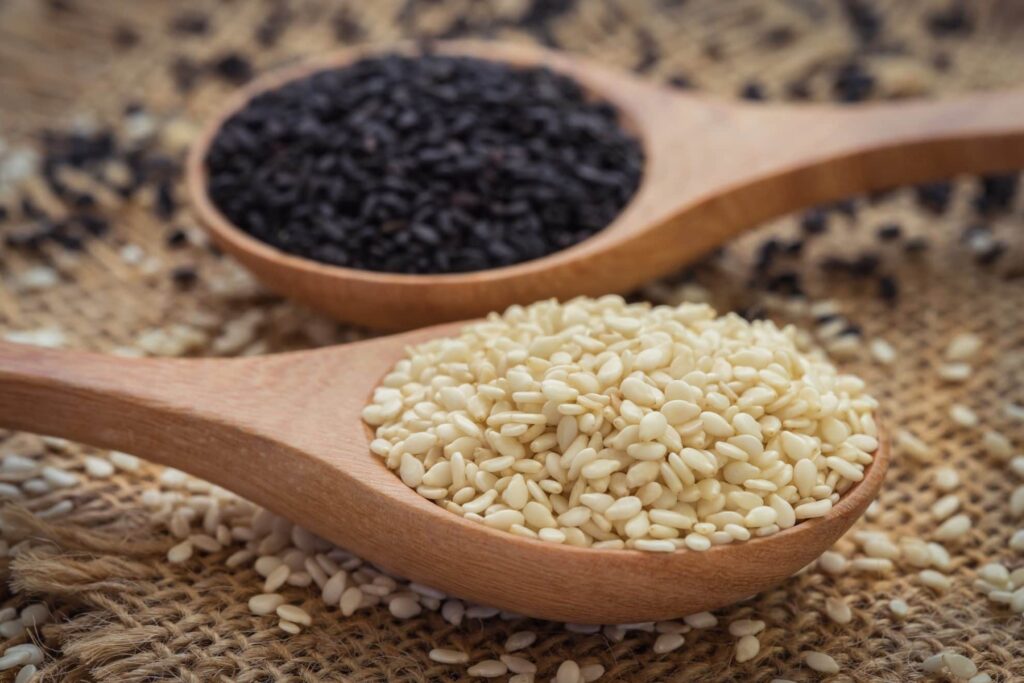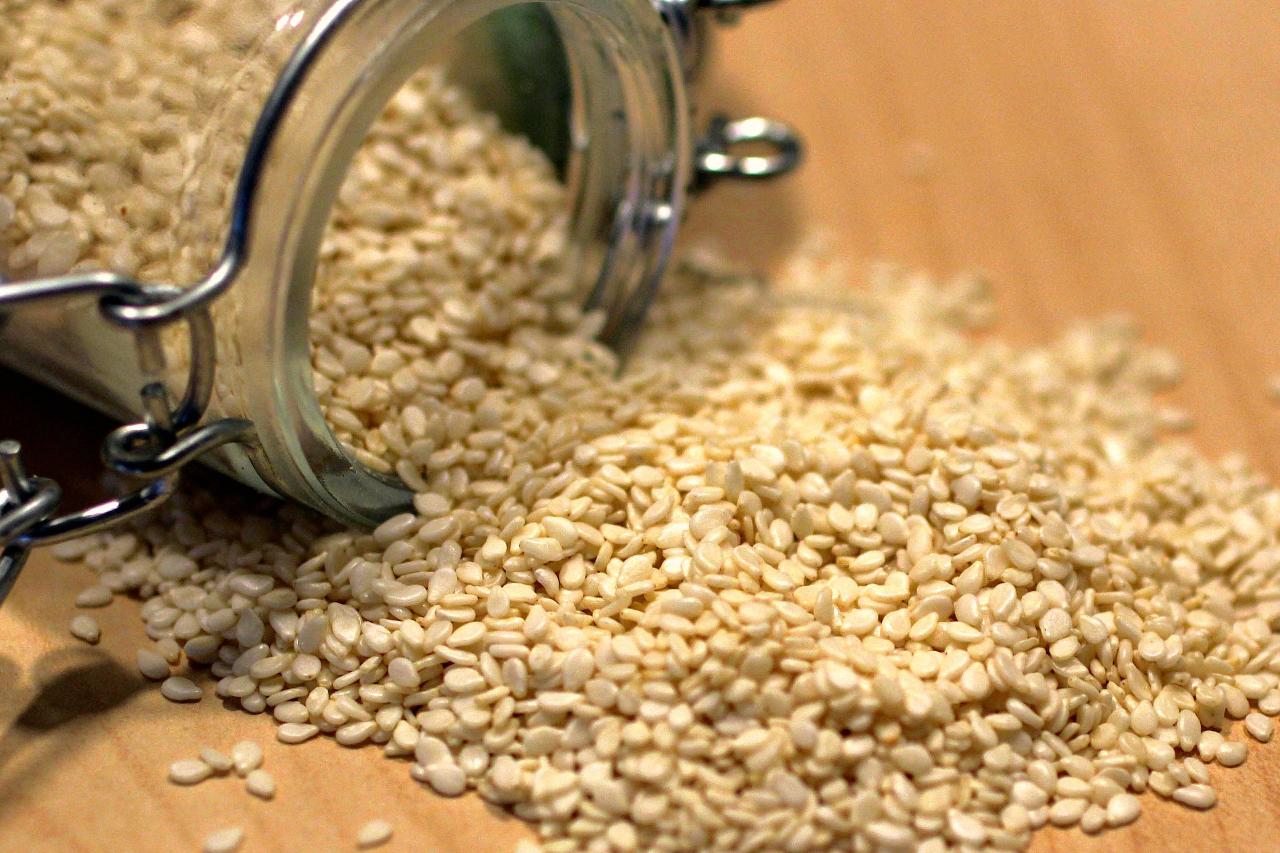Sesame seeds, those tiny, nutty-flavored gems, hold a remarkable place in culinary traditions and cultural practices around the globe. From ancient civilizations to modern kitchens, these seeds have woven themselves into the fabric of various societies, symbolizing everything from prosperity to protection. At Ajigofarms, we celebrate the rich history and diverse uses of sesame seeds, reflecting their global importance and cultural heritage.
Historical Roots and Symbolism
The journey of sesame seeds begins in the ancient civilizations of Mesopotamia, where they were among the first oilseeds cultivated. Their use in early recipes and rituals underscores their historical value. In many cultures, sesame seeds symbolize prosperity, immortality, and good fortune. For instance, in ancient Egypt, sesame oil was used in religious ceremonies and as a symbol of fertility.
Sesame Seeds in Traditional Cuisines
Across continents, sesame seeds have made their mark on traditional dishes. In Asia, particularly in Japan and Korea, sesame seeds are integral to both savory and sweet recipes. Japanese cuisine features sesame seeds in dishes like goma-dofu (sesame tofu) and as a topping for sushi. Korean cuisine incorporates them in dishes such as bibimbap and sesame oil for stir-frying. Similarly, in the Middle East, sesame seeds are a key ingredient in tahini, a paste used in hummus and other classic dishes.
Festive Foods and Rituals
Sesame seeds often appear in festive foods and rituals. In India, sesame seeds are used during the Makar Sankranti festival, celebrating the harvest season. Traditional sweets made with sesame, like tilgul (sesame and jaggery balls), are exchanged to promote goodwill and harmony. Similarly, in Chinese culture, sesame seeds are used in the preparation of mooncakes during the Mid-Autumn Festival, symbolizing unity and completeness.

Modern Culinary Innovations
In contemporary cuisine, sesame seeds have transcended their traditional roles. Chefs around the world experiment with sesame in innovative ways, from sesame-crusted tuna to exotic dessert garnishes. Their versatility and nutritional benefits make them a favorite among health-conscious cooks and gourmet chefs alike. Sesame oil, known for its rich flavor and health benefits, is a staple in modern kitchens, adding depth to a variety of dishes.
Cultural Celebrations and Symbolism
The significance of sesame seeds extends beyond the kitchen. In some cultures, sesame seeds are believed to have protective properties. For example, in certain African traditions, sesame seeds are used in rituals to ward off evil spirits. Their presence in ceremonial foods and practices highlights their role as a symbol of protection and well-being.
Sustainability and Global Trade
At Ajigofarms, we recognize the importance of sesame seeds not only in cultural contexts but also in global trade. As a vital agro commodity, sesame seeds support livelihoods and economies in producing regions. Our commitment to sustainable practices ensures that these culturally significant seeds are harvested responsibly, preserving their heritage for future generations.
Conclusion
Sesame seeds, with their rich history and cultural significance, are much more than a simple ingredient. They represent a bridge between ancient traditions and modern culinary arts, embodying values of prosperity, protection, and unity. As we continue to explore and celebrate the diverse roles of sesame seeds, Ajigofarms is proud to bring these global treasures to your table, honoring their heritage and ensuring their availability for all to enjoy.




